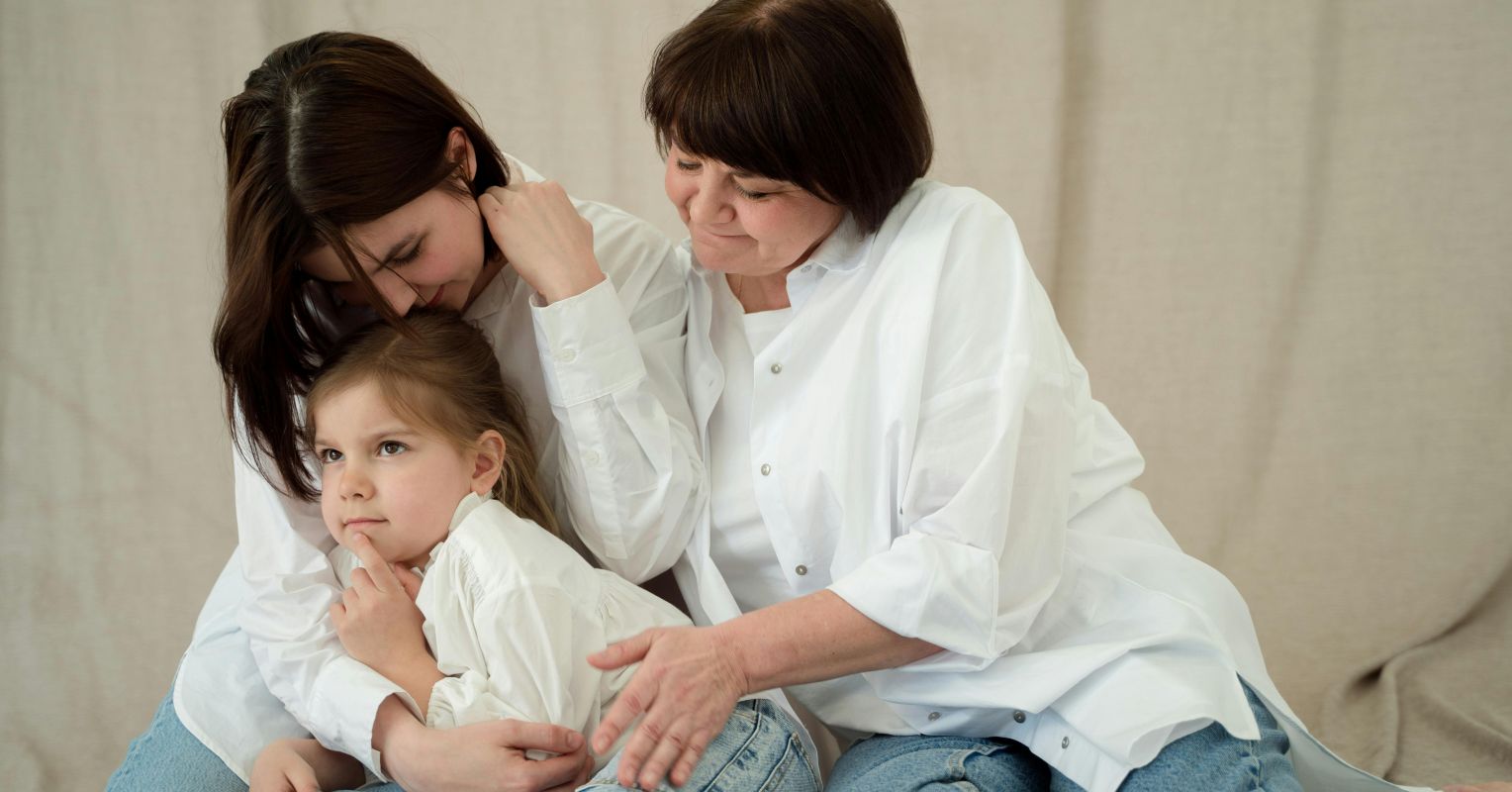Key insights
-
1
Trauma Transmission
Trauma effects can pass to children even when original events are not repeated.
-
2
Impact of Family Dynamics
Both silence and constant discussion about trauma can harm future generations.
-
3
Understanding Emotional Patterns
Recognizing inherited emotional responses can help break cycles of dysfunction.
Takeaways
Understanding intergenerational trauma is crucial for addressing parenting challenges and fostering healthier family dynamics.

